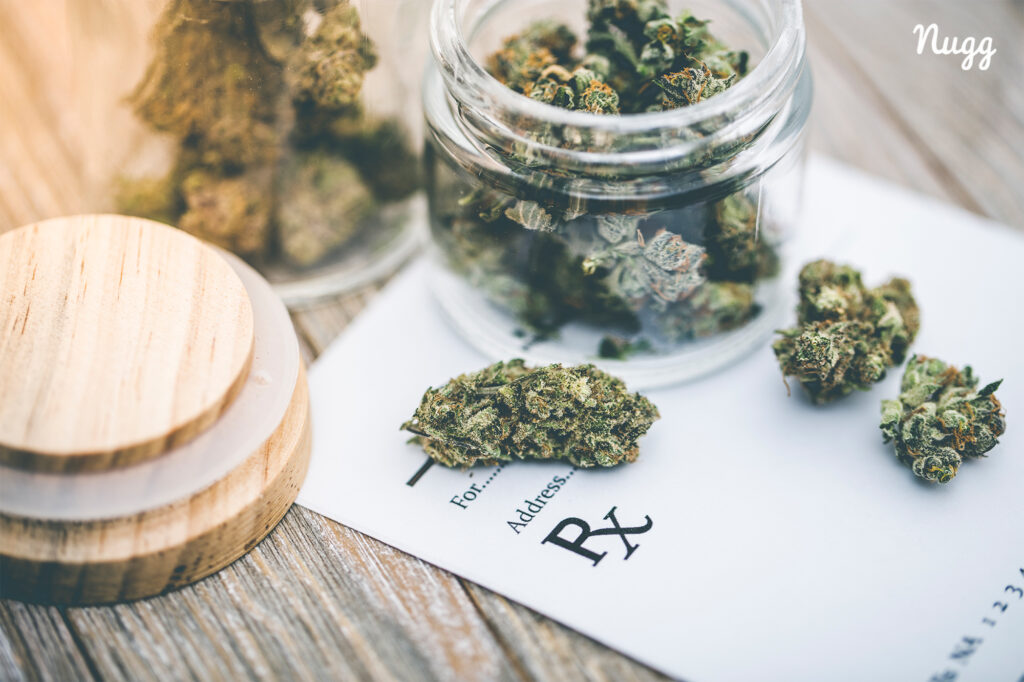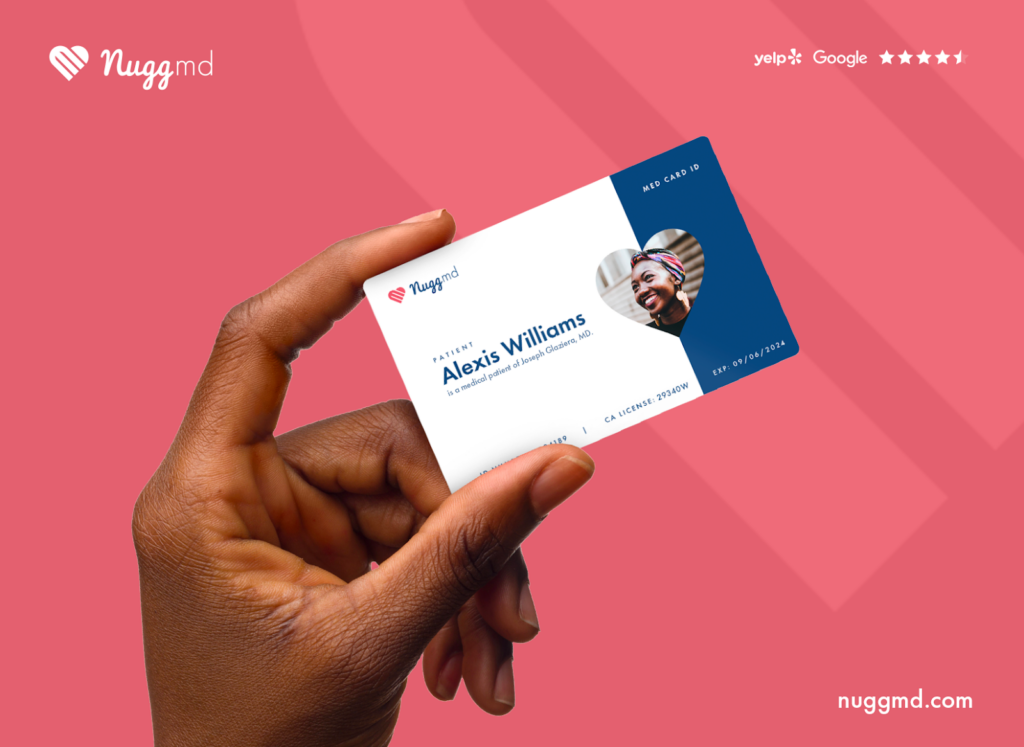
Lennox-Gastaut syndrome (LGS) is associated with severe seizures that typically begin during childhood. Individuals with this condition will have multiple types of seizures that start between the ages of three and five years old. It is generally diagnosed by an EEG, as well as the patient’s presenting symptoms.
The types of seizures that someone with LGS can experience may vary. Tonic seizures are the most common and can occur when an individual is asleep or awake. Another type of seizure is atypical absent seizures, which result in losing some or all consciousness.
Some people will go through periods with heightened seizure activity, and then it will subside. Lennox-Gastaut syndrome will typically continue to affect someone throughout their life, so finding the right treatment options is important.
There are a variety of different Lennox-Gastaut syndrome treatment options. The FDA has approved multiple different medications that have very high efficacy rates.
One difficulty when treating LGS is that individuals can sometimes develop a tolerance to a medication that once worked for them. This is one of the reasons why it’s essential for individuals to have a medical team they continually work with.
Another commonly discussed treatment method for seizures is cannabis. At present, the FDA has approved a cannabis-based pharmaceutical, Epidiolex, for the treatment of Dravet and Lennox-Gastaut syndromes. Epidiolex contains 100mg/mL of CBD, and doses range from 2.5mg to 10mg per kg of body weight twice a day for patients.
What Causes Lennox-Gastaut Syndrome?
There are a variety of different factors that can cause LGS, which can make it challenging to identify the root of someone’s diagnosis. Potential causes include:
- Head injury
- Central nervous system infections
- Brain malformations, such as cortical dysplasia
- Tuberous sclerosis
- Impaired blood flow to the brain
- Genetics
Lennox-Gastaut Syndrome Signs & Symptoms
Lennox-Gastaut Syndrome is characterized by persistent seizures. There is not one specific type of seizure associated with this condition, but it’s typically relatively easy to diagnose due to its severity and the efficacy of EEGs.
Types of seizures that occur in patients with LGS include
- Atonic seizures (brief loss of muscle tone, which could cause abrupt falls)
- Atypical absences (staring spells)
- Generalized tonic-clonic seizures (muscle stiffness and rhythmic jerking)
- Myoclonic seizures (sudden muscle jerks)
- Tonic seizures (stiffening of the body, upward eye gaze, dilated pupils, and altered breathing patterns)
Because of the severity of Lennox-Gastaut syndrome and the early age at which it’s diagnosed, most adults are aware they have it. If you have a child who’s displaying concerning symptoms, reach out to a medical professional as soon as possible.
Can Cannabis Help Alleviate Symptoms of Lennox-Gastaut Syndrome?

Cannabis (specifically CBD) has been studied for its potential to alleviate some Lennox-Gastaut syndrome symptoms. The Epilepsy Foundation of America advocates for safe access to all potential treatments, including CBD.
Epidiolex, an FDA-approved treatment for seizure conditions like LGS, is a CBD medication derived from hemp that contains no THC. It is one of the leading anti-seizure pharmaceuticals available today. It has been widely researched and found to be effective for conditions such as Lennox-Gastaut syndrome, Dravet syndrome, and tuberous sclerosis. Clinical research indicates that nearly half of patients report a reduction in seizures after taking CBD.
While some users may experience mild to moderate side effects such as diarrhea, sedation, and vomiting, one of the many potentials of this medication is that it has high success rates and is generally safe for young children to use. Some concerns exist over the impact chronic doses of CBD may have on the liver, but research indicates that concurrent prescription medication use is likely to be the cause of elevated liver enzymes when taking CBD.1
One study found that CBD provided support for individuals who hadn’t received help through other treatment options and improved other areas of life. Sleep, alertness, and mood were the three areas in which study participants noticed they saw improvement.2
Other researchers have found that CBD reduces some adverse effects patients may experience from traditional anti-seizure medication. This research demonstrates that using CBD alongside traditional medications can improve quality of life and help to control seizures.3
Legality and Doctor’s Recommendation
To determine if your state considers Lennox-Gastaut syndrome to be a qualifying condition for medical marijuana, check out our Laws & Regulations section for the medical cannabis rules for your state.
If you find that your state recognizes Lennox-Gastaut syndrome or its symptoms as a qualifying medical condition, you can seek a doctor’s recommendation to get your medical cannabis card in your state.
How NuggMD Can Help

NuggMD is the nation's leading medical marijuana technology platform, serving patients in over half the states in the U.S. We’ve connected over 2,000,000 patients with their new medical marijuana doctors face-to-face via our state-of-the-art telemedicine platform.
We believe that every human being has the right to explore the benefits of medical cannabis and are fully committed to helping each patient explore all of their options in their journey to wellness. For further information on whether you qualify for medical cannabis, select your state.
Resources
- Patel AD, Mazurkiewicz-Bełdzińska M, Chin RF, et al. Long‐term safety and efficacy of add‐on cannabidiol in patients with Lennox–Gastaut syndrome: Results of a long‐term open‐label extension trial. Epilepsia. 2021;62(9):2228-2239. doi:https://doi.org/10.1111/epi.17000
- Marshall J, Skrobanski H, Moore-Ramdin L, Kornalska K, Swinburn P, Bowditch S. Caregivers' Perspectives on the Impact of Cannabidiol (CBD) Treatment for Dravet and Lennox-Gastaut Syndromes: A Multinational Qualitative Study. J Child Neurol. 2023;38(6-7):394-406. doi:10.1177/08830738231185241
- Strickland JC, Jackson H, Schlienz NJ, et al. Cross-sectional and longitudinal evaluation of cannabidiol (CBD) product use and health among people with epilepsy. Epilepsy & behavior. 2021;122:108205-108205. doi:https://doi.org/10.1016/j.yebeh.2021.108205
- Stella, B., Baratta, F., Della Pepa, C. et al. Cannabinoid Formulations and Delivery Systems: Current and Future Options to Treat Pain. Drugs 2022;81:1513–1557. https://doi.org/10.1007/s40265-021-01579-x
The information in this article and any included images or charts are for educational purposes only. This information is neither a substitute for, nor does it replace, professional legal advice or medical advice, diagnosis, or treatment. If you have any concerns or questions about laws, regulations, or your health, you should always consult with an attorney, physician or other licensed professional.

